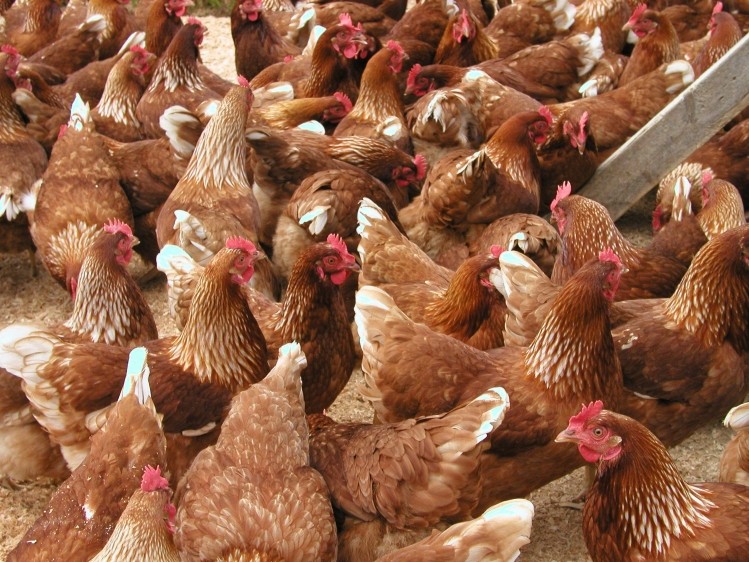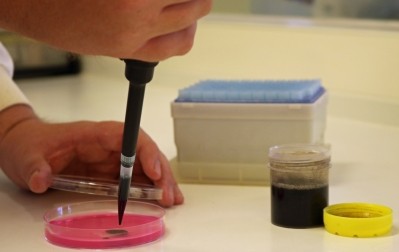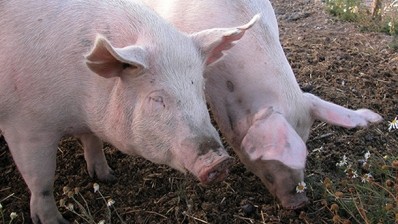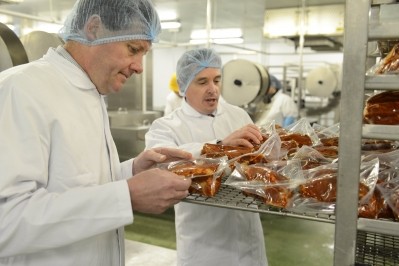Meat processors act on antibiotic resistance risk

The Review on Antimicrobial Resistance warned antibiotic-resistant bacteria could be passed from animals to humans directly, through meat preparation, or via animal excretion. It follows on from last year’s discovery of bacteria resistant to colistin – the antibiotic used after all others had failed.
The report recommended the UK meat industry should aim to reduce its antibiotic use to that of Denmark, which had halved its antibiotics use over the past two decades to an average of less than 50mg of antibiotics used a year per kilogram (kg) of livestock.
Working
In response, the British Poultry Council (BPC) said it had been working with the Veterinary Medicines Directorate since the formation of the BPC Chicken Antibiotic Stewardship Scheme in 2011. This working group has collected data on antibiotic use.
“In 2012, the group took action and introduced a voluntary ban on the use of third and fourth generation cephalosporins and the use of fluoroquinolones in day-old broilers,” said Laura Stearman, public affairs manager at the BPC.
“The poultry meat sector reduced its antibiotic usage by 30% during 2013–2014,” she said. The BPC plans to review the data for 2014–15 to identify where further improvements could be made.
Faccenda and Moy Park
Poultry producer Faccenda Foods already claims to be operating well under the recommended 50mg/kg level. “We’ve been able to reduce our antibiotic use by focusing on the fundamentals of good farm management,” said Faccenda Foods agriculture director Reg Smith.
Moy Park claimed to adopt a similar approach with its broiler production. The company said it doesn’t use any antibiotic classes identified as the ‘highest priority critically important antimicrobials’ by the World Health Organisation.
Pork producer Tulip, meanwhile, said it was working with parent company Danish Crown to conduct trials on the feasibility of producing pigs for slaughter without the use of antibiotics. In a similar move, 2 Sisters Food Group established two trial farms last year.

















